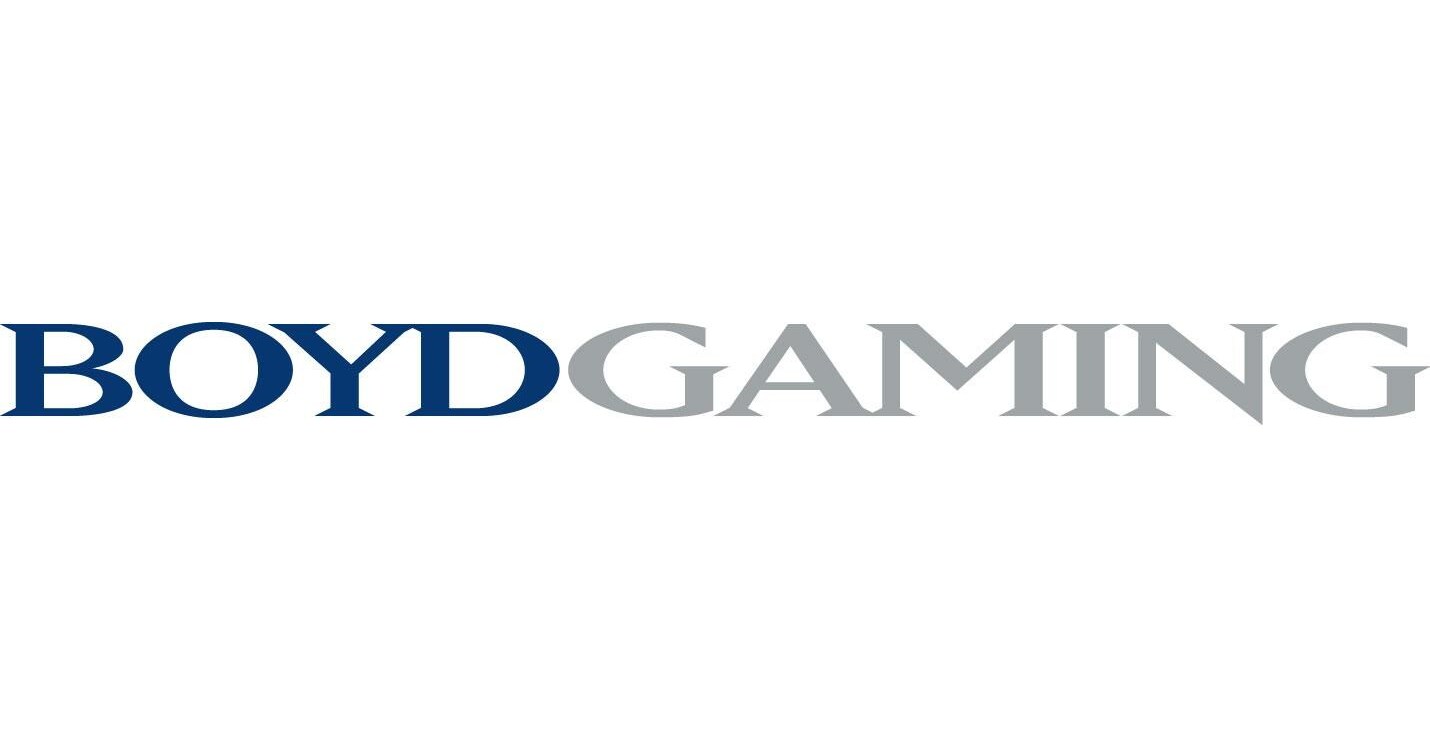OpenAI has officially launched the GPT Store, a platform dedicated to custom chatbot applications powered by advanced text- and image-generating AI models, such as GPT-4 and DALL-E 3. The announcement follows OpenAI’s communication to developers the previous week, signalling the company’s commitment to expanding its offerings.
The GPT Store is integrated into a new tab within the ChatGPT client on the web, presenting users with a diverse array of GPTs created by OpenAI’s partners and the broader developer community.
To access the GPT Store, users must be subscribed to one of OpenAI’s premium ChatGPT plans, including ChatGPT Plus, ChatGPT Enterprise, or the recently introduced ChatGPT Team. The store’s interface includes a community leaderboard, categorising GPTs into various sections like lifestyle, writing, research, programming, and education, enabling users to explore popular and trending GPTs.
The GPT Store aims to facilitate seamless interaction with GPTs, enabling users to harness the capabilities of these chatbots for diverse purposes. GPTs can be as simple or complex as developers desire, and creating them does not necessitate coding expertise.
Developers can specify the desired functionalities for their GPTs in plain language using OpenAI’s GPT Builder tool, which will then attempt to generate an AI-powered chatbot accordingly.
The GPTs available at the launch of the store include a trail recommender from AllTrails, a coding tutor from Khan Academy, and a content designer from Canva. Importantly, these GPTs are currently free to use, though OpenAI hints at potential changes in the future.
Developers who wish to list their GPTs on the store must undergo a verification process for their user profiles and submit their creations to OpenAI’s new review system. This system, employing a combination of human and automated review, ensures that the GPTs comply with OpenAI’s terms of use. Users are also encouraged to report any GPTs that violate these terms.
However, concerns have been raised about the moderation process for the GPT Store. Given OpenAI’s history of relying on poorly compensated, overworked contractors in the developing world for moderation tasks related to its GenAI systems, questions have been posed regarding the compensation and access to mental health resources for the human reviewers involved in the GPT Store review process. As of the time of publication, OpenAI has not responded to these inquiries.
At the initial launch, developers will not have the option to charge for their GPTs. Nevertheless, OpenAI plans to introduce a “GPT Builder revenue program” in the first quarter, allowing U.S. builders to earn income based on user engagement with their GPTs. Specific details about the criteria for payments will be provided by OpenAI at a later date.
The GPT Store was initially announced during OpenAI’s inaugural developer conference, DevDay, last year. However, it faced delays in December, likely attributed to a leadership shakeup within the company in November. CEO Sam Altman was initially forced out by OpenAI’s board of directors but was subsequently reinstated with a new board, leading to a period of uncertainty and adjustments.
GPTs have the potential to democratize generative AI app creation, particularly for applications using OpenAI’s family of models. This shift could disrupt consultancies relying on business models centred around constructing similar AI systems for clients. The long-term implications of this democratisation remain to be seen.
In response to inquiries about the GPT moderation process, an OpenAI spokesperson highlighted the use of AI models for content screening based on GPT policy guidelines as an initial step.
The spokesperson further explained the collaboration with existing vendors supporting OpenAI’s customer support and compliance efforts, ensuring an additional review layer before GPTs are publicly published. The vendors reportedly compensate reviewers well for their crucial role and provide access to industry-leading wellness resources.







